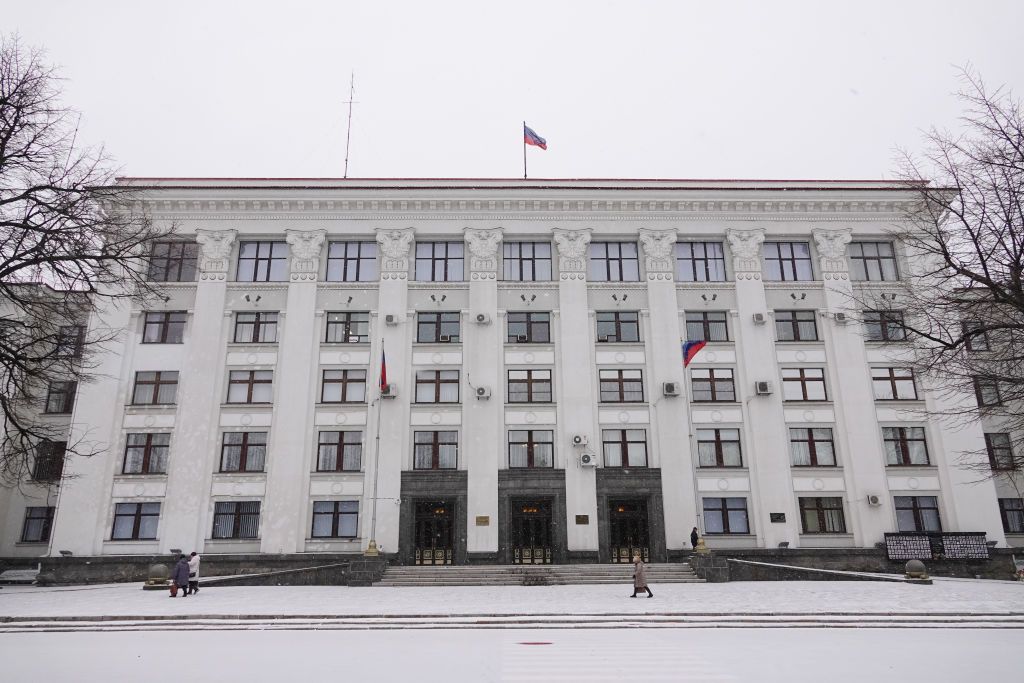Russia detains Belarusian over alleged Ukraine-orchestrated train sabotage

Russia's Federal Security Service (FSB) has detained a Belarusian national they claim was involved in Ukraine-orchestrated attacks on a key railway line in Russia's far eastern republic of Buryatia the previous week, state news agency TASS reported on Dec. 7.
The explosions were reported in Ukrainian media as an operation by the Security Service of Ukraine (SBU) to disable the Baikal-Amur railway line, a key route for Russian military logistics.
The SBU orchestrated the first stage of the operation overnight on Nov. 29-30, when a freight train passing through the 15-kilometer-long Severomuysky Tunnel exploded, Ukrainska Pravda said, citing its sources in the security services.
Due to the explosion, Russian trains had to take an alternative route via a 35-meter-high overpass called the Devil's Bridge.
Explosives reportedly detonated just as another train was passing over the bridge at around midnight local time on Dec. 1, according to Ukrainska Pravda.
"Russian special services should get used to the fact that our people are everywhere. Even in distant Buryatia," the source told Ukrainska Pravda. The area around the bridge and the tunnel is around 5,000 kilometers from Ukraine.
The Kyiv Independent has not been able to independently confirm the reports.
The man detained by the FSB is allegedly a 52-year-old Belarusian man. The FSB claimed he installed magnetic explosives on trains in Severobaikalsk in Buryatia, which were carrying petroleum products eastwards.
Severobaikalsk lies on the shore of Lake Baikal, around 270 kilometers west of the Severomuysky Tunnel and the Devil's Bridge, and is one of the stops along the route of the Baikal-Amur railway line.
The Belarusian was acting on the orders of another Belarusian living in Lithuania, whose work was coordinated by the Ukrainian special services, the FSB claimed.
The suspect allegedly admitted to installing the devices on behalf of his contact in Lithuania for a monetary reward.
There is no way to independently verify this information. Russia does not provide transparent access to its legal system, and international human rights organizations have long detailed rampant abuse in prisons, as well as the use of torture to coerce confessions.














